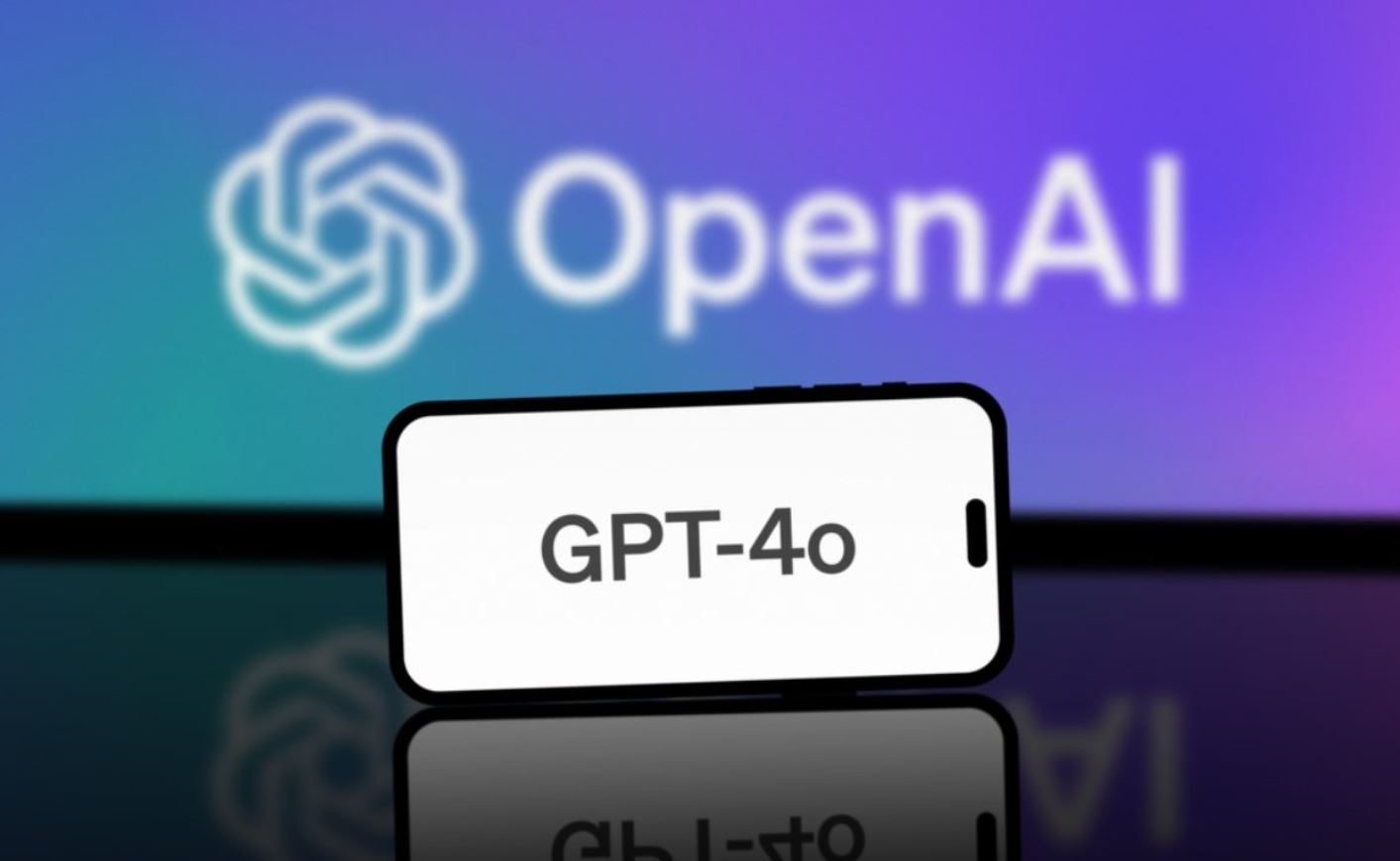 Debates have always been a cornerstone of intellectual exchange, where strategic thinking and quick wit shine. Imagine capturing this dynamic with artificial intelligence—that’s exactly what Deb8flow aims to do. This groundbreaking platform uses LangGraph and OpenAI’s GPT-4o model to host autonomous debates between AI agents. It’s a fascinating setup where AI engages in debates, complete with real-time fact-checking and moderation.
Debates have always been a cornerstone of intellectual exchange, where strategic thinking and quick wit shine. Imagine capturing this dynamic with artificial intelligence—that’s exactly what Deb8flow aims to do. This groundbreaking platform uses LangGraph and OpenAI’s GPT-4o model to host autonomous debates between AI agents. It’s a fascinating setup where AI engages in debates, complete with real-time fact-checking and moderation.
Deb8flow organizes debates in a structured format. You have two AI agents, Pro and Con, who tackle a topic while a Moderator keeps things on track. A Fact Checker ensures claims are accurate using GPT-4o’s browsing capabilities, and a Judge assesses the arguments for clarity and quality. If an agent repeatedly makes factual mistakes, they’re automatically disqualified, keeping the debate truthful and engaging.
At the core of Deb8flow is a system powered by LangGraph, utilizing LangChain and GPT-4o to handle roles like Pro, Con, and Judge. The debate process moves through stages: topic generation, opening statements, rebuttals, counters, and closing arguments. Each stage has a specific task for an agent, all coordinated by a workflow that manages turn-taking and logic. For example, the Pro agent kicks off with an opening statement. The Con agent then rebuts, followed by the Pro agent countering, and finally, the Con agent wraps up with a closing argument. The Judge reviews everything and declares a winner based on the quality of the arguments presented.
One of Deb8flow’s standout features is its real-time fact-checking. After each statement, a Fact Checker uses GPT-4o’s web search to verify facts. If something doesn’t check out, the speaker has to revise their claim. If they fail three times, they’re out of the debate. This keeps the discussions honest and credible.
If you’re eager to try out Deb8flow, you’ll need Python 3.12+, an OpenAI API key for GPT-4o, and the Deb8flow repository from GitHub. The repository has everything you need, from packages to the project structure. Setting up involves installing dependencies and configuring the OpenAI API settings. The project is organized for clarity, with sections for configurations, agent nodes, prompt templates, and tests. It’s modular, making maintenance and updates a breeze.
LangGraph is the backbone that defines the workflow, with nodes representing agents and control points managing the debate flow. Deb8flow’s modular design and structured workflows highlight the potential for creating complex AI-driven processes that are both understandable and manageable. By leveraging GPT-4o’s strengths and LangGraph’s state management, Deb8flow opens up exciting possibilities for autonomous AI debates, paving the way for future exploration and innovation in AI-driven tasks.








